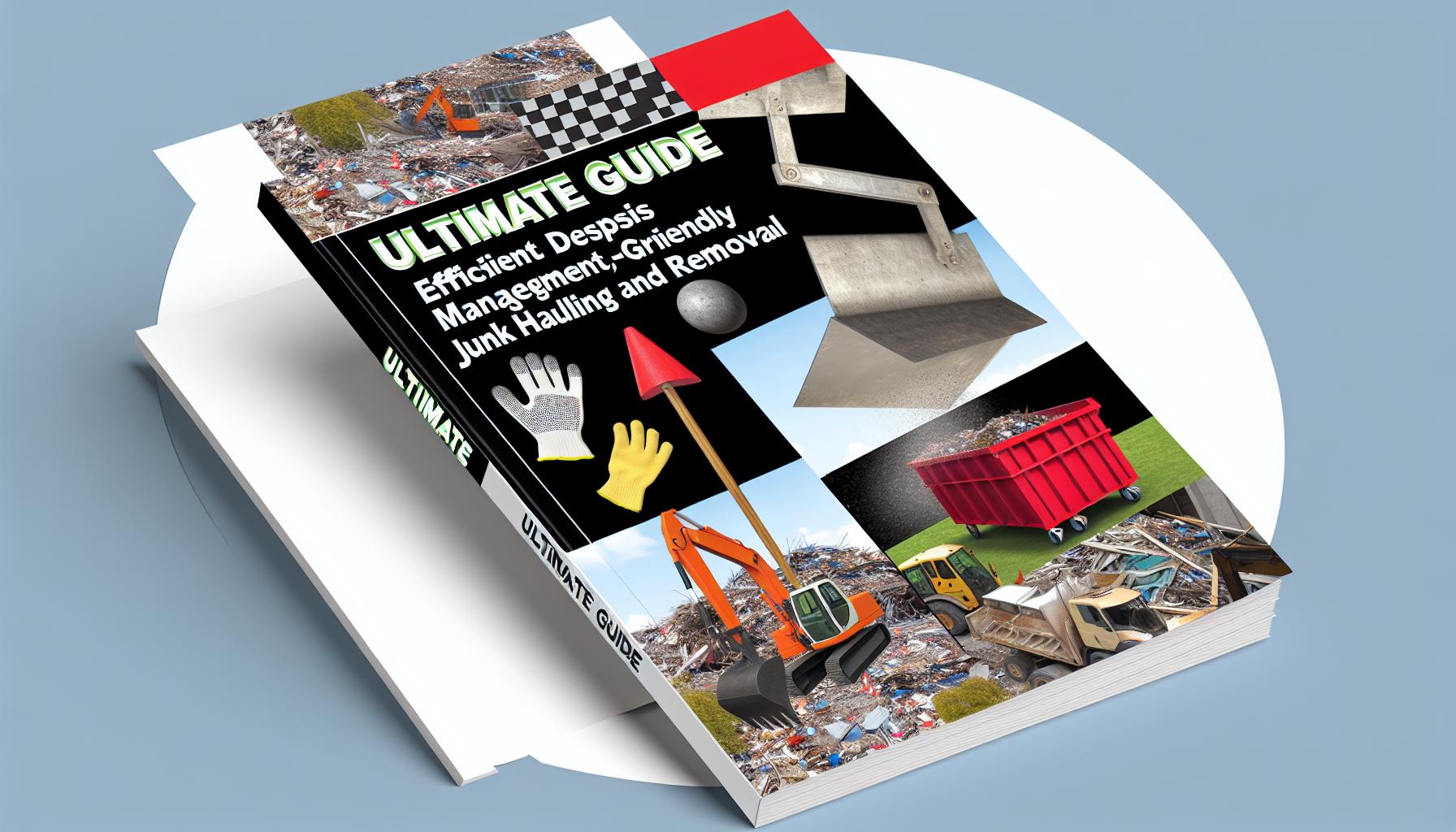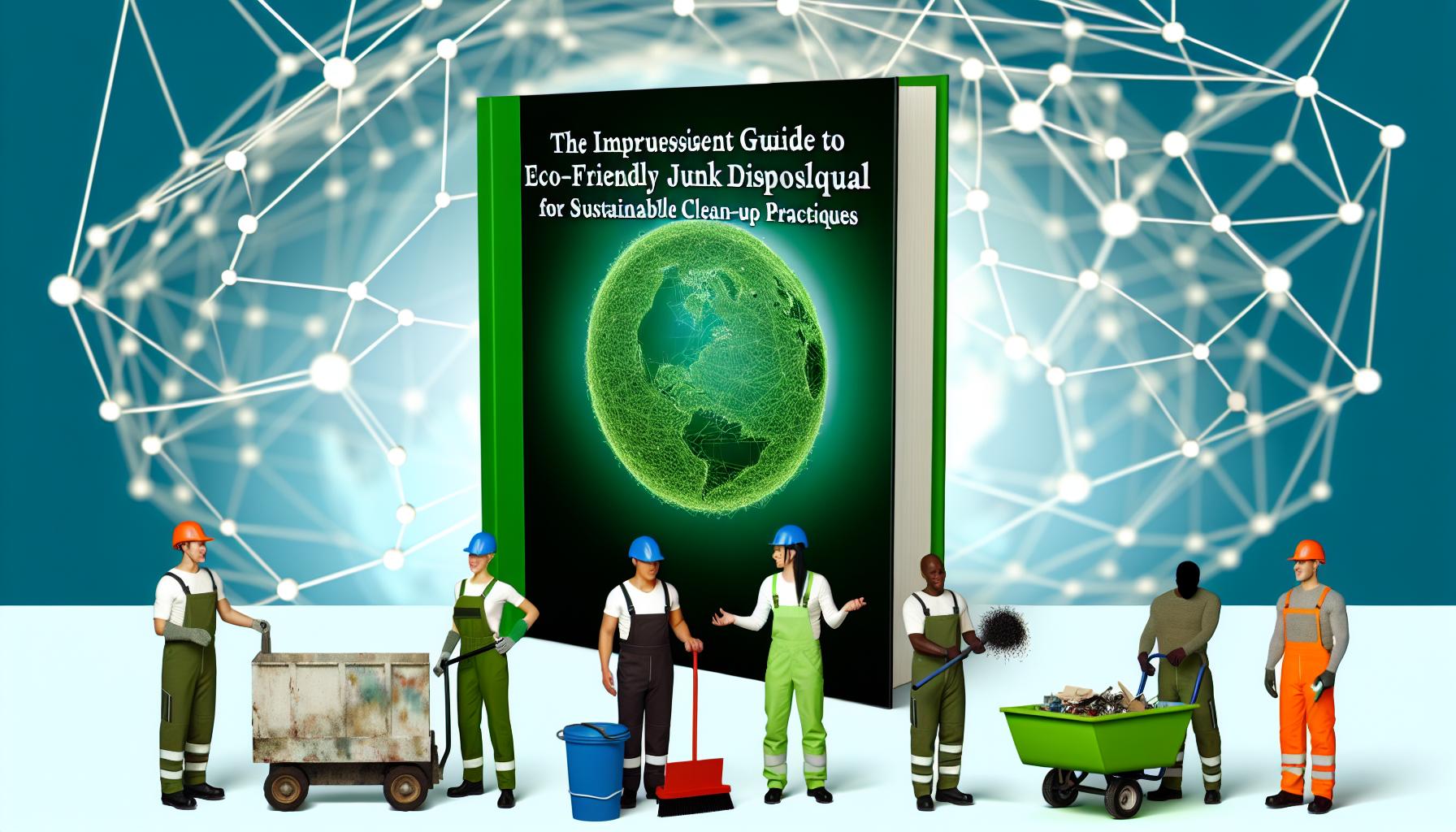.loader { border: 16px solid #f3f3f3; border-top: 16px solid #3498db; border-radius: 50%; width: 120px; height:…

The Ultimate Guide to Efficient Debris Management for Sustainable Clean-Up Practices
The Ultimate Guide to Efficient Debris Management for Sustainable Clean-Up Practices
Debris management is a crucial aspect of any demolition and junk hauling project. Proper debris management not only ensures a safe and efficient clean-up process but also contributes to sustainable practices that benefit the environment. As a demolisher and Junk Hauler, it is important to have a solid understanding of efficient debris management techniques to enhance your services and provide your clients with the best possible experience.
Here at Big Boys Junk Removal, we have been providing reliable demolition, clean up, and junk hauling services in Baltimore and surrounding areas since 2010. We understand the importance of proper debris management and have compiled the ultimate guide to help you streamline your operations and promote sustainable clean-up practices.
1. Sorting and Segregation
One of the first steps in efficient debris management is proper sorting and segregation of materials. By separating recyclables, hazardous waste, and general debris, you can ensure that each type of material is disposed of in the most sustainable way possible. This not only helps minimize waste but also allows for easier recycling and disposal processes.
2. Recycling and Reusing Materials
Recycling and reusing materials is a key component of sustainable debris management. By working with local recycling facilities and organizations, you can ensure that materials such as metal, wood, concrete, and plastics are properly recycled or repurposed. This not only reduces the amount of waste sent to landfills but also helps conserve natural resources.
3. Proper Hazardous Waste Disposal
Proper hazardous waste disposal is essential to protecting the environment and public health. As a demolisher and Junk Hauler, it is important to be aware of the regulations surrounding hazardous waste and to work with certified disposal facilities to ensure that these materials are safely and responsibly disposed of. This not only protects the environment but also safeguards your clients and workers from potential harm.
4. Efficient Transportation and Disposal
Efficient transportation and disposal of debris are essential for maintaining a smooth and timely clean-up process. By organizing and scheduling transportation routes effectively, you can minimize downtime and maximize productivity. Additionally, working with reputable disposal facilities ensures that debris is disposed of in accordance with local regulations.
5. Monitoring and Reporting
Monitoring and reporting on your debris management practices is key to maintaining transparency and accountability. By keeping detailed records of the types and quantities of materials generated, as well as their disposal methods, you can track your environmental impact and identify areas for improvement. This data can also be used to communicate your sustainability efforts to clients and stakeholders.
At Big Boys Junk Removal, we are committed to promoting sustainable clean-up practices and efficient debris management. By following the tips outlined in this guide, you can enhance your services, reduce your environmental footprint, and provide your clients with the best possible experience.
For more tips on sustainable junk removal practices, you might also be interested in our article on The Importance of Sustainable Junk Removal Practices for Eco-Conscious Property Owners.
If you need help with your demolition, clean up, or junk hauling needs, don’t hesitate to contact us. We are here to assist you every step of the way.

